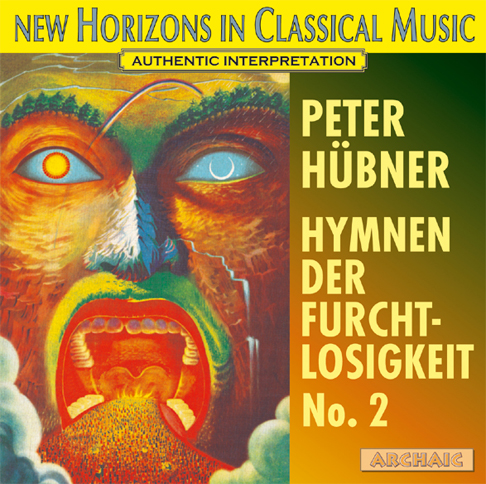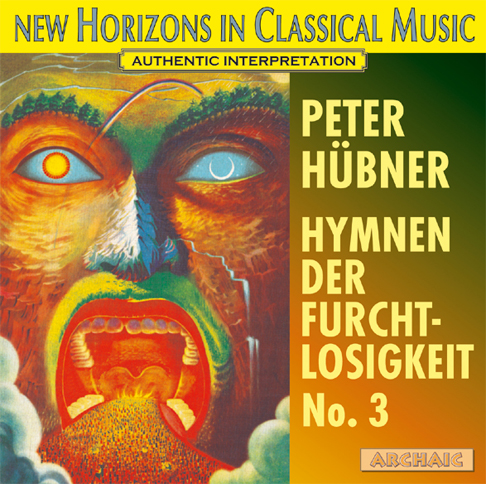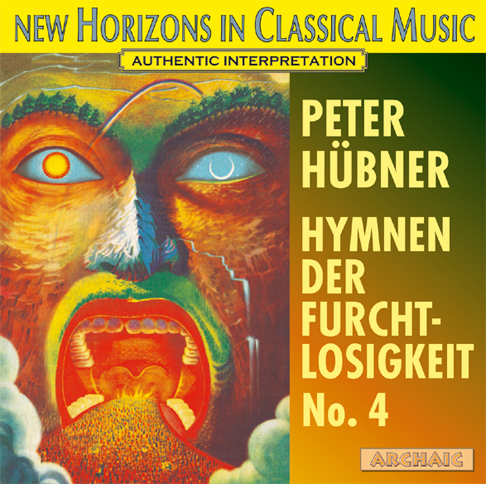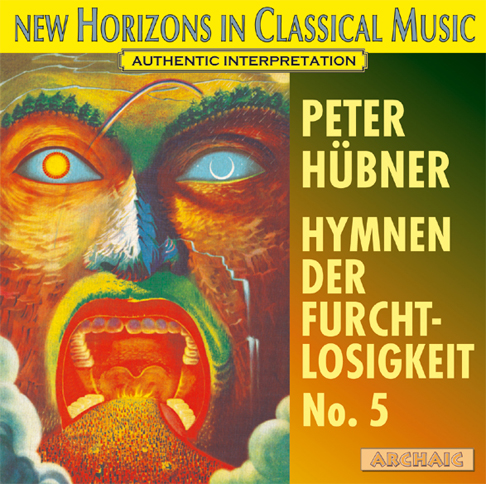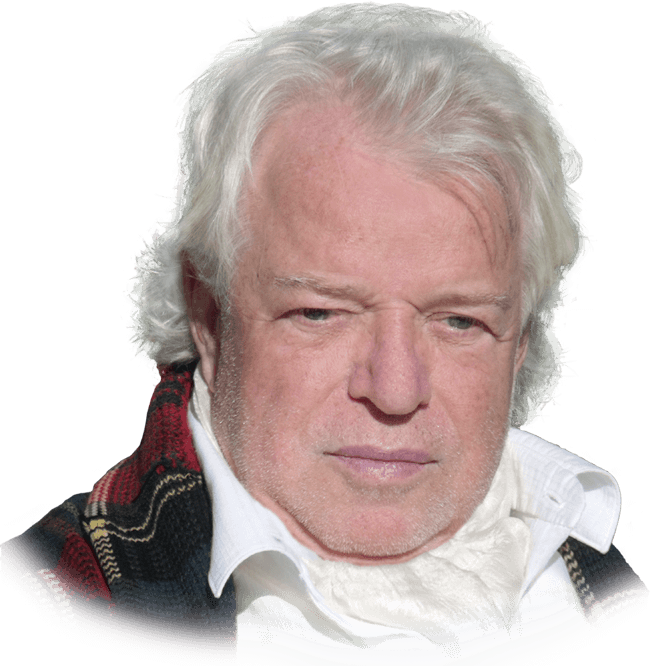 |
PETER HÜBNERClassical Composer
|

Hymn No. 1 108 Hymns of the Dancing Dragon
Hymn No. 2 108 Hymns of the Dancing Dragon
Hymn No. 3 108 Hymns of the Dancing Dragon
Hymn No. 4 108 Hymns of the Dancing Dragon
Hymn No. 5 108 Hymns of the Dancing Dragon
Hymn No. 6 108 Hymns of the Dancing Dragon
Hymn No. 7 108 Hymns of the Dancing Dragon
Hymn No. 8 108 Hymns of the Dancing Dragon
Hymn No. 9 108 Hymns of the Dancing Dragon
Hymn No. 10 108 Hymns of the Dancing Dragon
Hymn No. 11 108 Hymns of the Dancing Dragon
Hymn No. 12
Male Choir No. 1 Meditative Archaic Hymns
Male Choir No. 2 Meditative Archaic Hymns
Male Choir No. 3 Meditative Archaic Hymns
Male Choir No. 4 Meditative Archaic Hymns
Male Choir No. 5 Meditative Archaic Hymns
Female Choir No. 1 Meditative Archaic Hymns
Female Choir No. 2 Meditative Archaic Hymns
Female Choir No. 3 Meditative Archaic Hymns
Female Choir No. 4 Meditative Archaic Hymns
Female Choir No. 5 Meditative Archaic Hymns
Mixed Choir No. 1 Meditative Archaic Hymns
Mixed Choir No. 2 Meditative Archaic Hymns
Mixed Choir No. 3 Meditative Archaic Hymns
Mixed Choir No. 4 Meditative Archaic Hymns
Mixed Choir No. 5
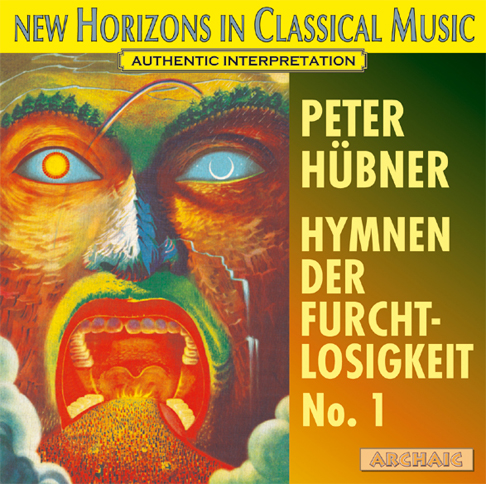
Hymns of Fearlessness
No. 1
Soloists, Choirs
Great Philharmonic Orchestra
Great Archaic Orchestra
Great Percussion Orchestra
Electronic Instruments
A Digital Studio Recording Under the Artistic and Technical Direction of the Composer.
RRR 448
Total Playing Time: 63’26”
CLASSIC-LIFE: Mr. Hübner, can you tell us something about your “Hymns of Fearlessness”?
PETER HÜBNER: The “Hymns of Fearlessness” form the synthesis of various generations of “Hymns of the
Dancing Dragon” – two worlds poles apart, for which – as far as the archaic orchestras in the different hymns are concerned – it is partly easy and partly difficult to join together.
The “Hymn of Fearlessness No. 1” consists of one chorus and an archaic orchestra. Chorus and orchestra lie tonally several generations apart.
The “Hymn of Fearlessness No. 2” consists of one chorus and two orchestras – the two orchestras tonally playing neighbouring generations, such as grandparents / parents or parents / children or children / grandchildren.
The “Hymn of Fearlessness No. 3” has three orchestras, which are tonally related to each other in a first and second degree of relationship, i.e. for instance grandparents / parents / children.
The “Hymn of Fearlessness No. 4” has 4 orchestras which are tonally related to each other in a first, second and third degree, i.e. great-grandparents, grandparents, parents and children – all four generations under the one roof of this hymn.
The “Hymn of Fearlessness No. 5” has 5 orchestras which are tonally related to each other in a first, second, third and fourth degree, i.e. great-grandparents, grandparents, parents, children and grandchildren.
With every additional generation under the roof of the hymn, the tension and chaos: the less calculable rhythmical and tonal order increases – as far as the whole orchestra is concerned.
The person who has sung the chorus to these hymns in all five related houses, has learned what fearlessness means: not to be confused by the chaotic environmental effects of the orchestra, including release, explosions and spectres in the various generations.
The picture on the CD-cover shows the prehistoric giant Ymir, known from Germanic mythology, who embodies the cosmic ability to think, and can supposedly give a person who unexpectedly sees him inside, a tremendous fright – even heroes, who are otherwise regarded as fearless, are said to have shaken like a leaf at the unexpected sight of the prehistoric giant Ymir. People claim that only the self personally and/or the soul could perhaps look at the prehistoric giant Ymir, without being afraid – and that is in fact when it concerns the “Great Soul”. The great philosophers say that the universal faces the cosmic without fear.
Ymir is the most comprehensive perception of thinking and its effects on neurophysiology as well as the entire cosmos.
Ymir is therefore also the ancient symbol for the cosmic ability to think and perceive.

